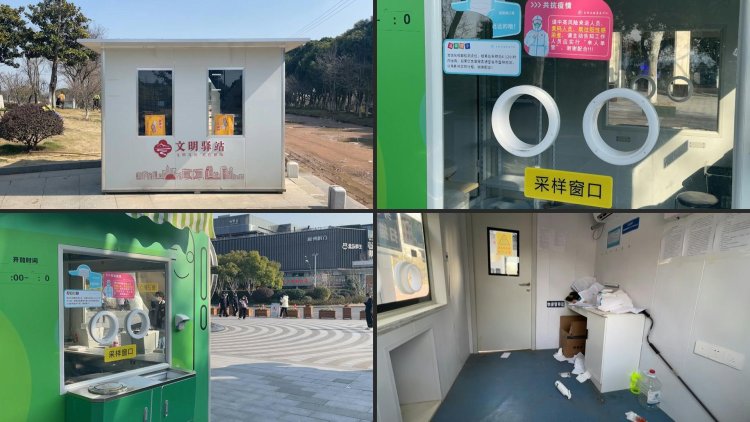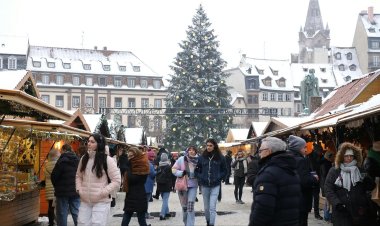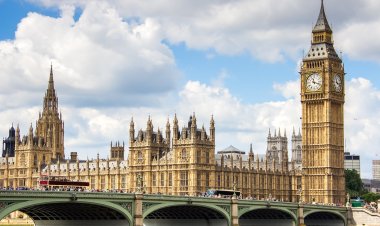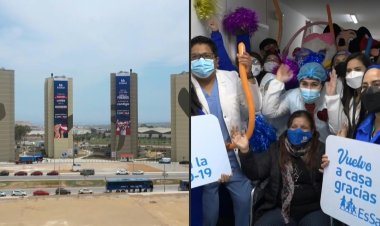China's zero-Covid structures take on second lives

With China's dropping of its "zero-Covid" policy, makeshift quarantine centres and testing booths are being repurposed as mini-libraries, information points or even housing.
Since Beijing suddenly abandoned its hardline virus control measures in December after almost three years, cities across China have been left with tens of thousands of temporary structures.
Some of the metal or plastic testing booths that were once ubiquitous symbols of the "zero-Covid" policy have found a new life as mini-pharmacies, shelters or information stations.
Some booths near the train station have been transformed into information points for new arrivals, offering them job opportunities or legal advice concerning work disputes.
Elsewhere in the city, booths have been repurposed by local janitorial staff to store odds and ends.
Local governments in China spent about $29 billion on the testing programme needed to keep zero-Covid going, according to banking giant Goldman Sachs.
Now they are keen to put the redundant facilities to good use.
During the Covid surge in December and January, some were converted into medical consultation stations or medicine distribution points to reduce the pressure on hospitals which were inundated with patients.
Others have since been transformed into mini-libraries where residents can exchange books.
On Xianyu, China's main app for selling second-hand goods, they are up for sale from between $15 and $1,200, depending on their condition.















